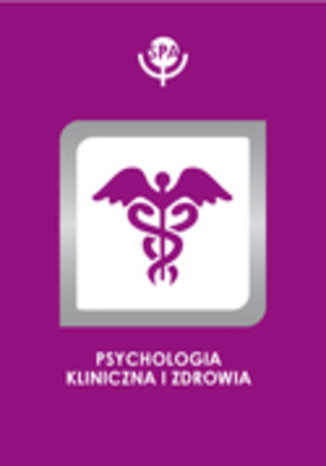Polska wersja Skali AMORE służącej do badania motywacji seksualnych

Dagna Kocur
DOI:10.14691/CPPJ.25.1.79
Rocznik: 2019 Tom: 25 Numer: 1
Strony: 79-93
The paper presents a series of surveys based on the Polish version of the AMORE scale (Hill & Preston, 1996). It is a tool designed to measure 8 motives why people engage in sexual activity. The survey was conducted on a group of 701 participants: 378 females and 323 males. Survey 1 was aimed at psychometric analysis of the Polish version of the tool and dependence between the motives driving sexual activity, sexual satisfaction and psychological gender. Survey 2 concerned the dependence between sexual motives and variables characterising sexual life of an individual. The purpose of survey 3 was to enable analysis of dependences between sexual motives and sexual desire measures. Collective analysis of data from surveys 1, 2 and 3 and average results obtained in individual scales, correlation between sexual motivations with age and gender differences is presented in the final parts of the paper. The most popular sexual motive was to appreciate the partner; the rarest motivation was procreation. The analysis of interchangeability of sexual motivation with age showed that women more often than men experienced loss of motivation to engage in sexual activity with age.









 Pobierz pełny tekst
Pobierz pełny tekst



